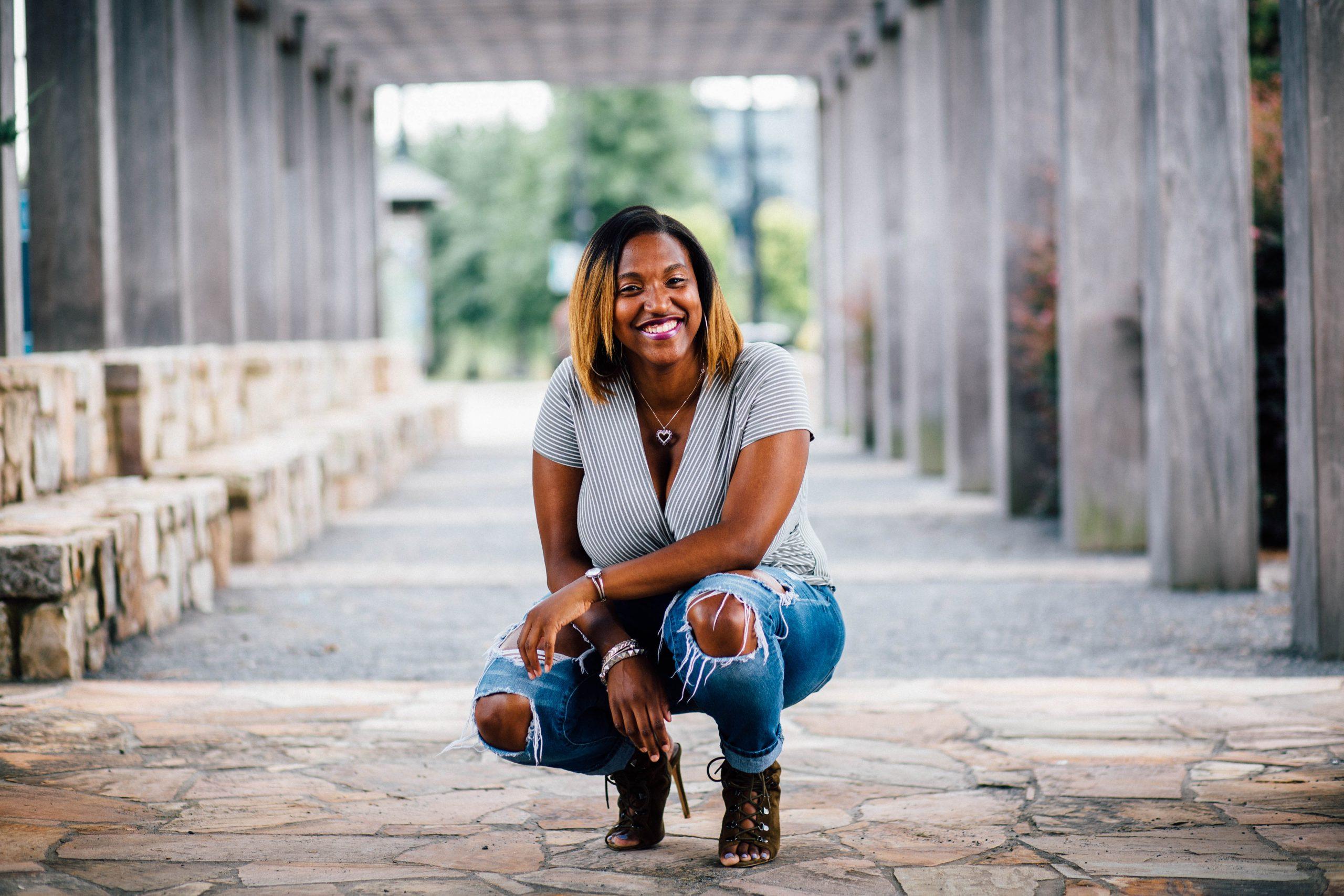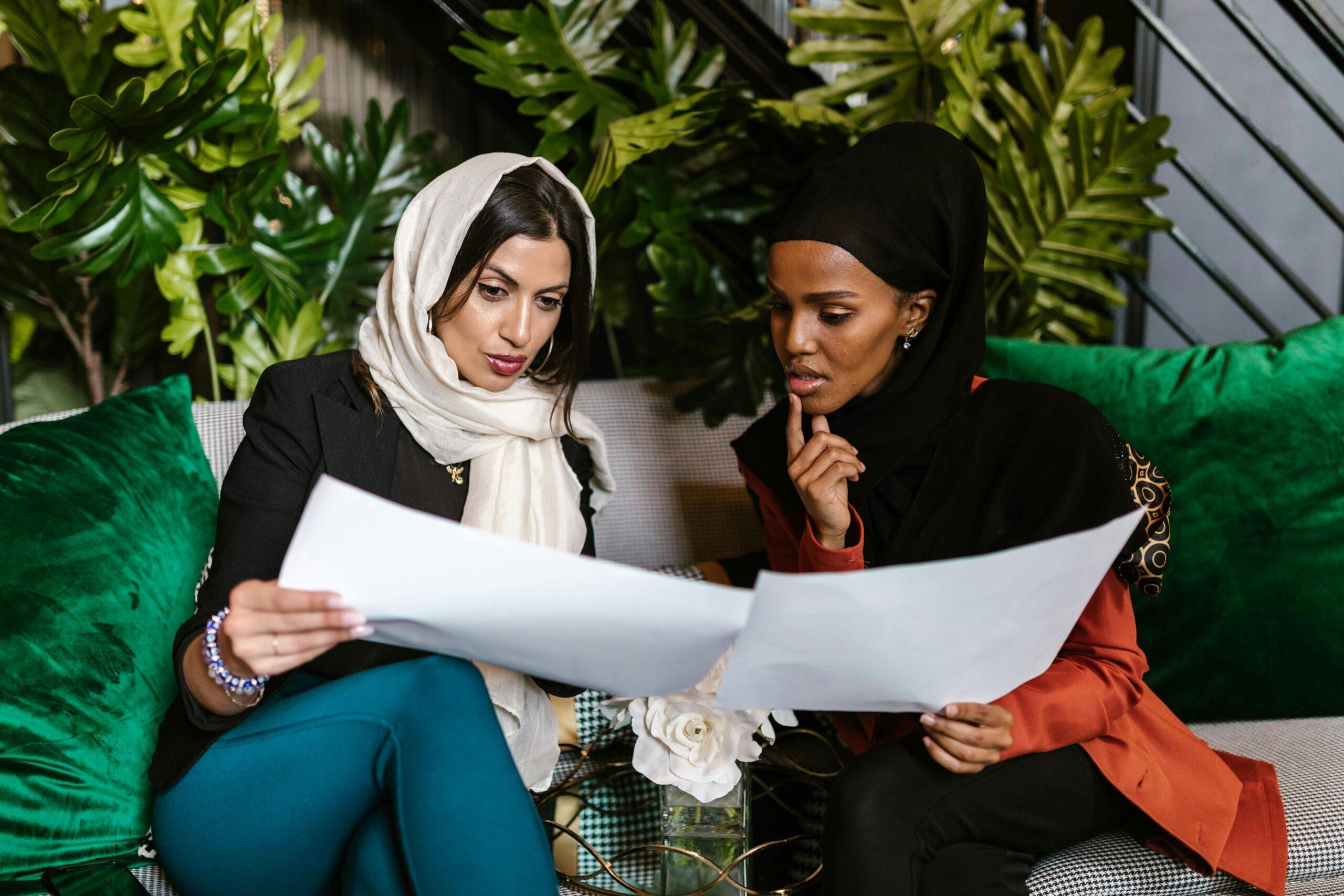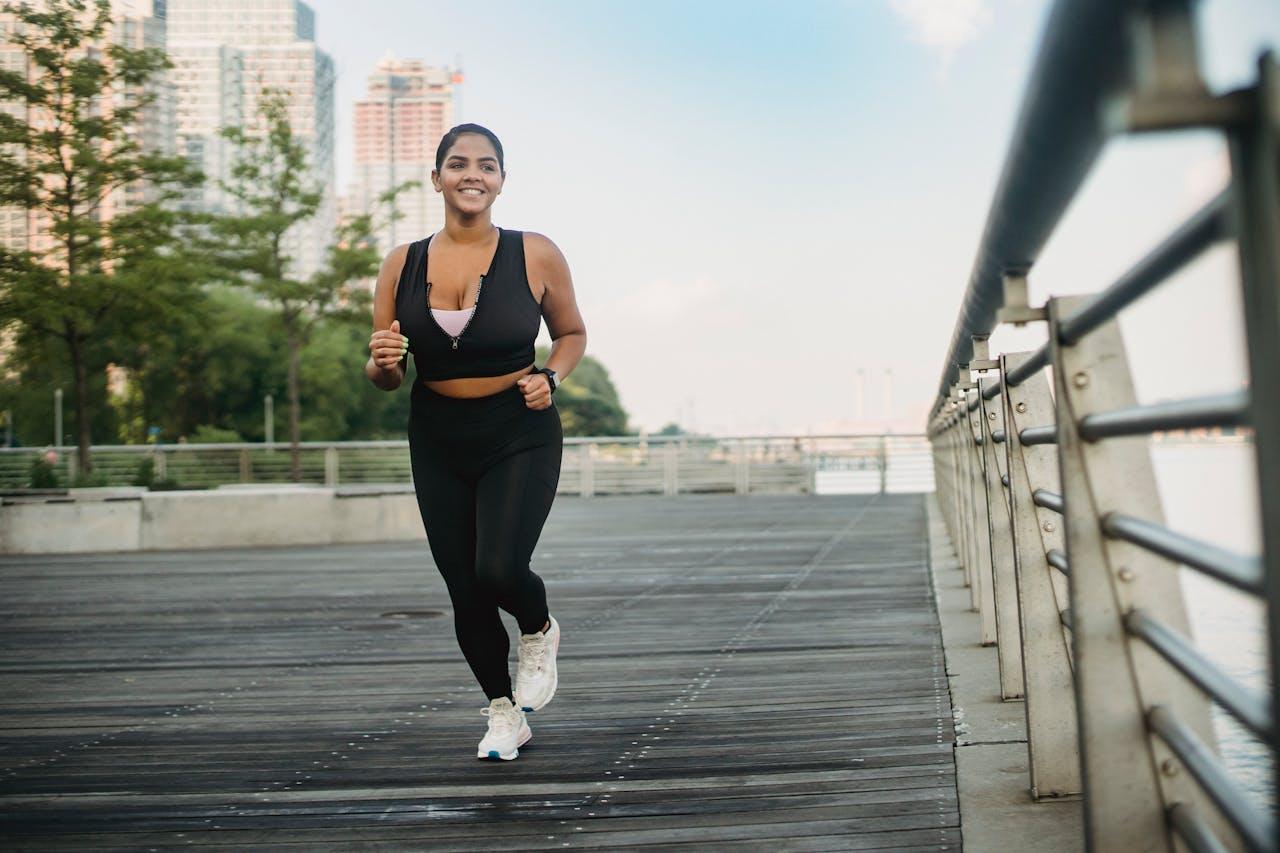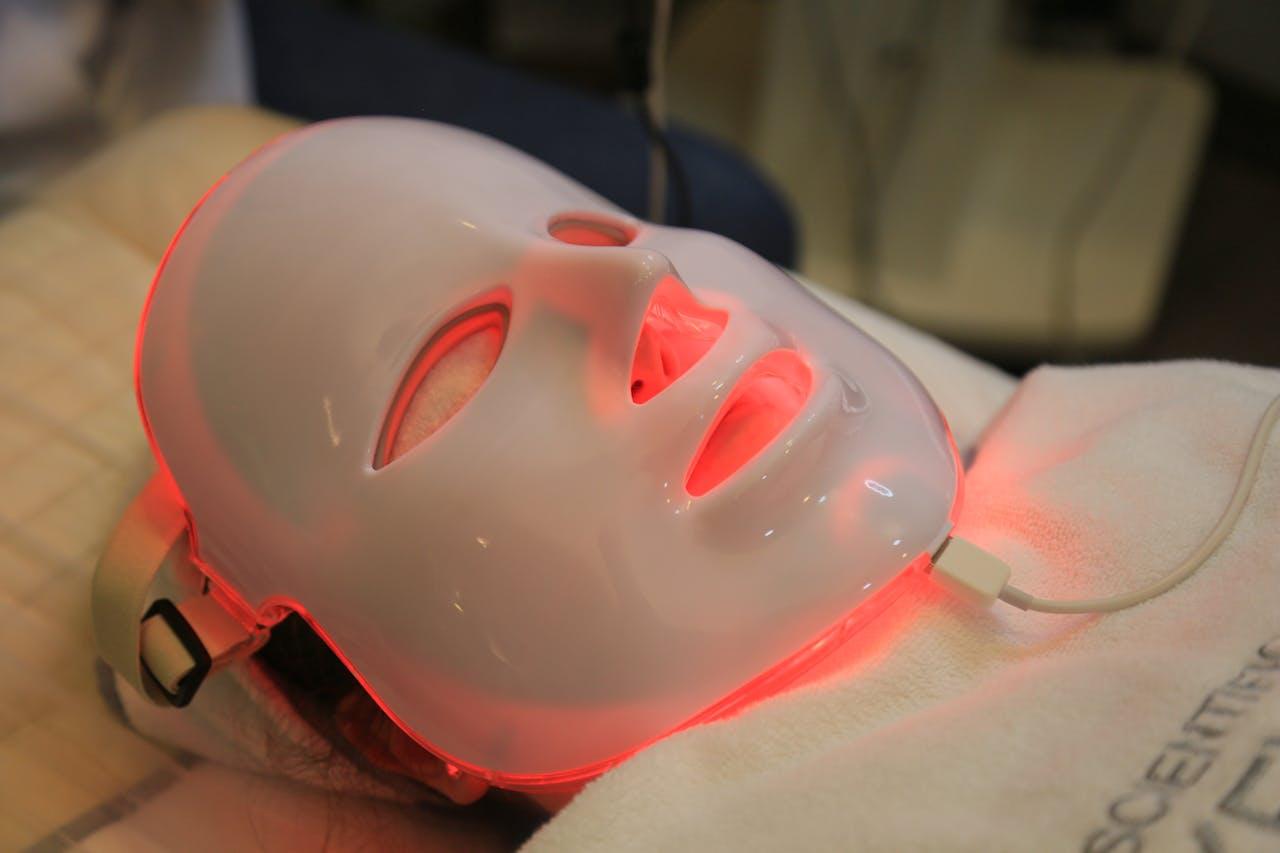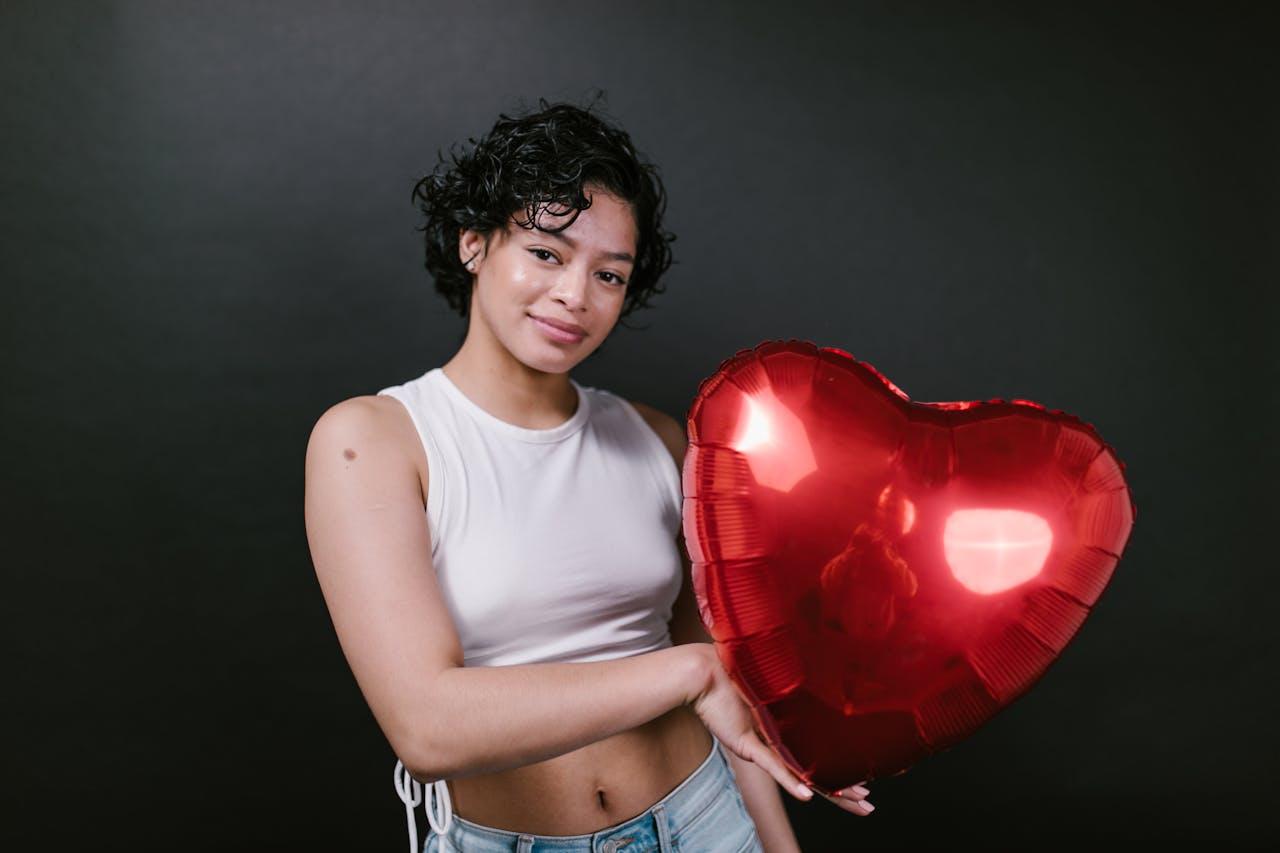Dear White Women, It’s Time To Speak Up: Part II
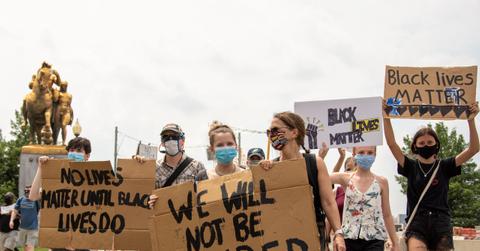
The fear of becoming the next viral Karen makes some white women want to avoid the issue of discussing Black Lives Matter and becoming an ally to the movement altogether. With ‘cancellation’ being the weapon of choice for any Black person with a camera, we get it. The evidence of white people exuding racist behavior has cost them their careers and livelihood.
However, many Black people understand that some of our white sisters simply haven’t identified the right way to address racism or how to properly become an ally. But some are willing and open to learn.
“Yes, I identify as an ally although I don’t know how effective of an ally I am being,” Kocher admitted. “Prior to this movement, I was not as actively engaged. I stayed informed but I was rarely seeing racism firsthand.”
The behavior analyst recognized that she really wasn’t paying attention, simply because her clique consisted of those resembling her. Privileged all around as she puts it. “I didn’t do anything to weed anyone out but it has been a pattern my entire life,” Kocher says. “These are primarily the people around me so these are the people who I’ve formed relationships with.”
Tina Thomas, Afognack Island, AK
“The way I identify now is I’m interested in becoming an ally but I feel like I need to become more educated.”
Listening to podcasts and reading articles made the stay-at-home mom realize what she’s been blind to. But even while educating, Thomas is fearful of speaking out on social media platforms but not for reasons most would think. “I don’t feel like I can be a good voice for Black Lives Matters yet,” Thomas says. “Since leaving Baldwin, I’ve lived in all white communities in pretty rural places. Most of the people on my timeline have never interacted with people of a different race before.”
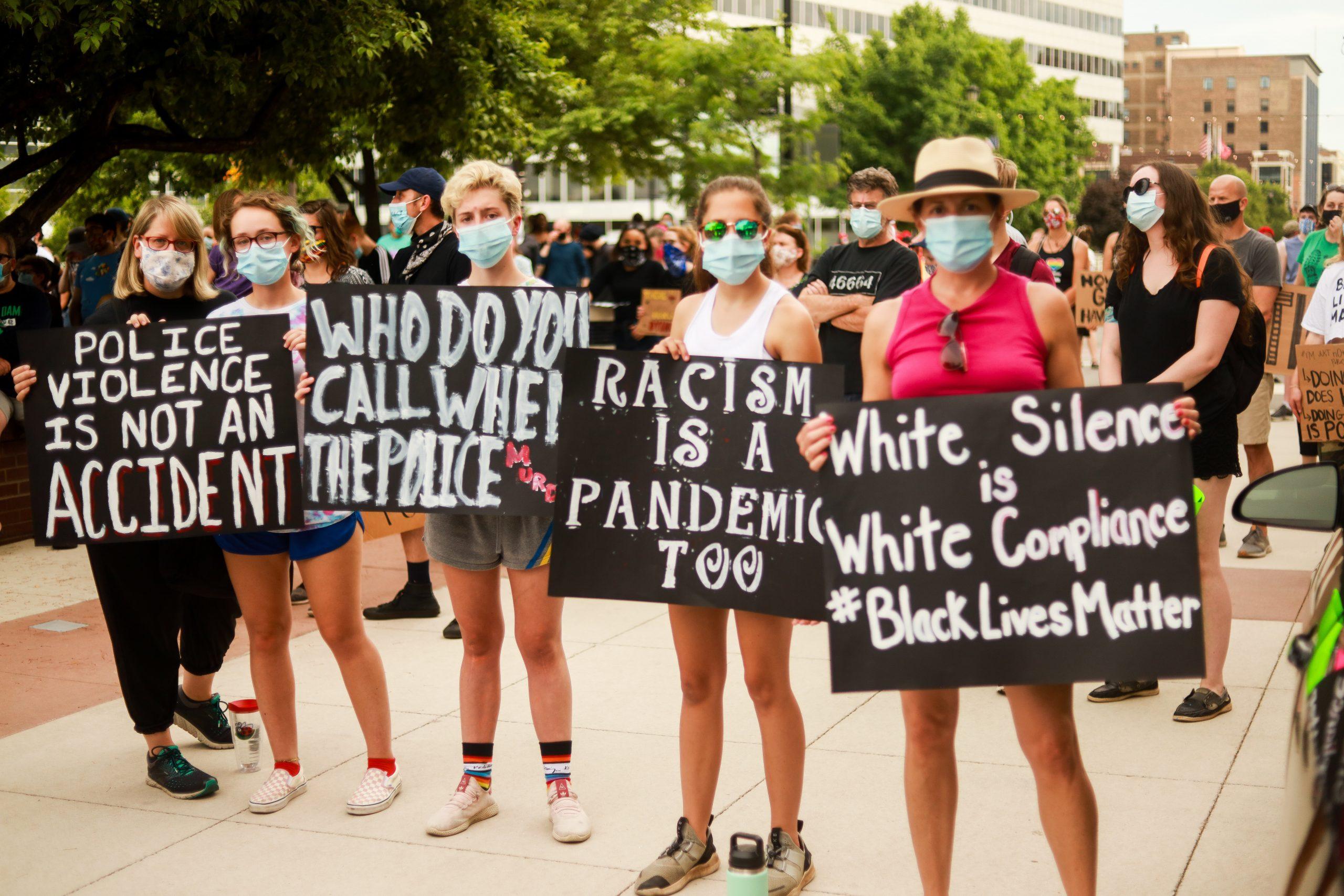
Tina and Colleen worry about ‘misrepresenting the movement,’ and they aren’t alone. Lucky for them, there are numerous ways for white women to change the narrative for themselves and others.
Erin McCavera said she will be using her voice in the workplace more rather than staying silent. “I’ve started dialogues at work with my non-Black peers,”McCavera admits. “I want everyone to know from the start where I stand and that you can expect these conversations to take place around me.” She also thinks talking to her parents is a good place to start, making sure the media isn’t controlling their outlook.
Katy Martinez admits that since George Floyd’s murder, she’s had some eye-opening, inspiring conversations. At times, she says it’s a little scary but for her, it’s all about educating herself, something she is grateful for. “It made me stop and think how little I’ve discussed this topic in the past,” Martinez says. “But having these conversations I think is starting to make society wake up.”
Unfortunately, some people are going to stay silent. Learning more about the issues surrounding social injustice and systemic racism may come at a cost. The Brooklyn resident says she has already lost a serious relationship with someone based on where they stand on these issues.
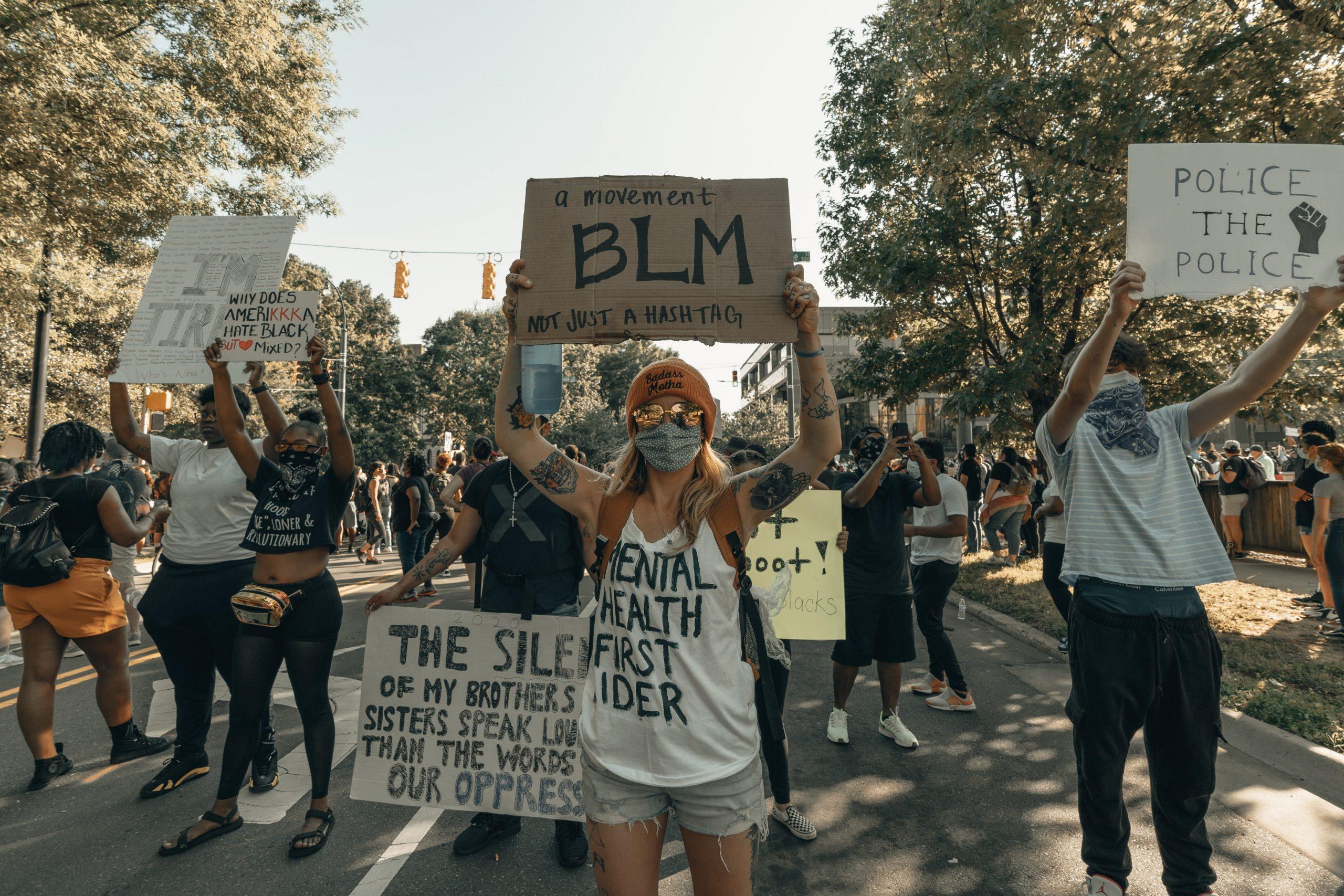
To be an ally, white women need to understand that everyone is not going to jump on the bandwagon with them right away. Learning to be comfortable in your new position isn’t easy. “Our country has been constructed around this white culture and our white pride is so deep rooted in us that I feel like speaking out more would cause a lot of my friends to lash out and get defensive,” Thomas fears.
“I want to be more prepared for those interactions before I call myself a true ally. I want to be braver and I want to be stronger and I’m trying.”
Our country has been constructed around this white culture and our white pride is so deep rooted in us that I feel like speaking out more would cause a lot of my friends to lash out and get defensive.
Honestly, trying and showing up is the least thing white people can do to address social injustice. Using the privilege given to them can play a major role in seeing a serious change. As a communications professional for Octagon, a sports and entertainment agency, Alyssa Romano ignites her new activism by making sure the athletes she works with are fully prepared to discuss the topics at hand. “I guide them on how, when and where to communicate. They have very powerful platforms,” Romano says.
“I have talked to all of my clients about how we can continue to shine a light on social inequality not just this week, but continuously.”
That is the challenge women like Colleen is ready to take on. “I want to make sure that my whiteness isn’t causing people to tiptoe around me because I finally showed up to the fight and allies are needed.” Kocher says.
“I don’t want to be a burden; I want to help.”

